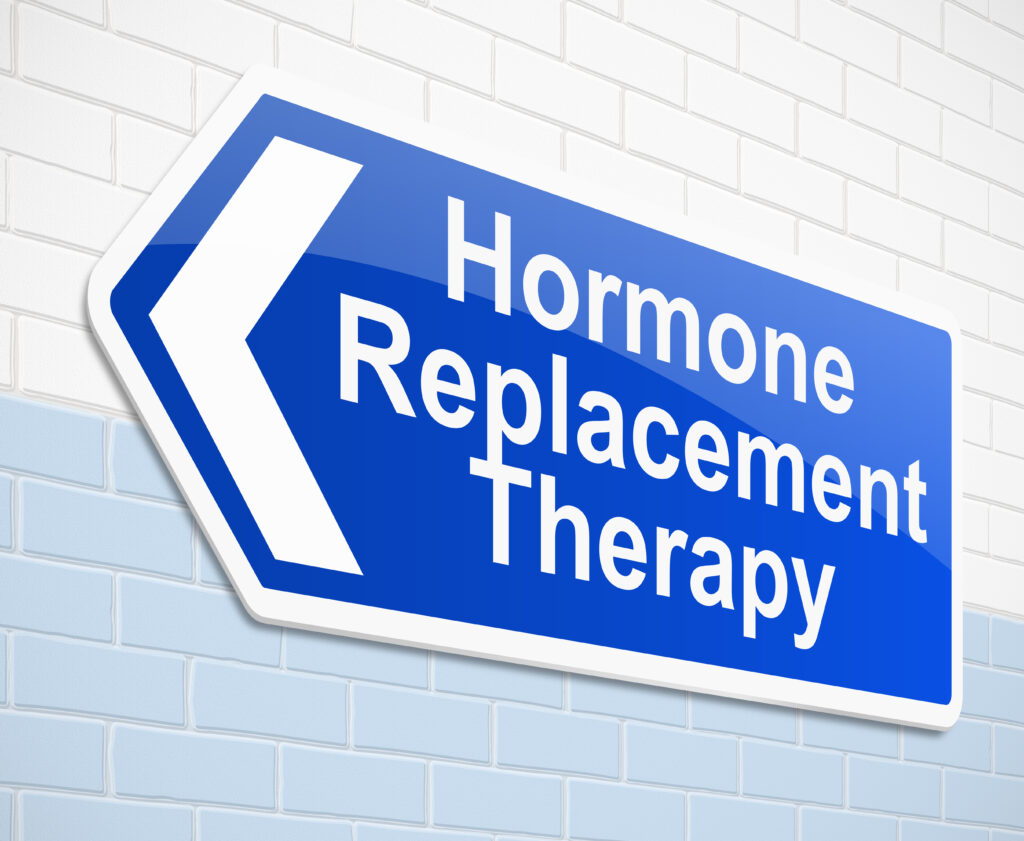“We age because our hormones decline. Our hormones do not decline because we age.” This is the mantra for the Neuroendocrine theory of aging.

Hormones are chemical substances in our bodies that are released to have an effect on tissues somewhere else in the body. They act as biochemical messengers. They turn on cell functions and turn off cell functions. Gene expression can be altered by the presence or absence of hormones. Hormones control our responses to illness by controlling our immune system, our responses to stress, our sexual development, our growth and our metabolism. When hormone levels are balanced and at optimal levels in our bodies, we are more likely to enjoy good health provided our lifestyle choices are also healthful.
Whereas nerves are a hardwired means of communication throughout the body, it helps to visualize hormones as the biological equivalent of a wireless communication system, only more complex. A central ‘server’ – the hypothalamus – is the key to maintaining the balance of hormonal communication flow. Most hormones convey their information by traveling through the bloodstream. The biological messages carried by hormones are specific and not intended for every cell in the body. At the same time, some hormones act on multiple cell types. Three types of hormonal systems (endocrine, autocrine, and paracrine) constitute your biological communication system. All three systems working together can effectively prevent accelerated aging. Any miscommunication is like a weak link in a chain that leads to hormonal chaos and possibly accelerated aging.
Frequently, sets of hormones have opposite physiological functions, so that their constant interaction will keep a particular biological function within a desired range. When sets of hormones work like this, they act like ‘yin and yang.’

Optimal hormonal levels occur for most people during their twenties and thirties and may continue for another 15-20 years with a subtle decline. During this same span of time, fewer diseases arise than during almost any other time of life. Cancers are less likely, occurring more frequently in younger and older ages, as a rule. Diabetes is more likely to show up in younger and older individuals. Heart disease, bone fractures, infections, and so on, seems to predominate before and after these years. This lends to the feelings of invincibility most of us feel during our twenties and thirties. Beginning in our late thirties, hormone levels begin a steady decline. We do not usually notice the effects until about our early forties or occasionally, late forties and early fifties. As the hormonal communication system declines, you begin to age more rapidly. Your biological age is intimately tied to the health of your endocrine system. Any decline in your hormone system has negative consequences on your longevity by increasing your likelihood of death.
Unlike the predictable decline experienced with most hormones, insulin and cortisol levels increase with age. Hyper-insulinemia may be among the worst aging nightmares.
Corticosteroids are hormones manufactured in the adrenal glands and are critical to your body’s response and management of stress. One potential definition of aging is the deterioration of the body’s ability to respond to stress. Large amounts of cortisol are released in response to stress. While this is an essential function for survival, when stress is prolonged it can damage the feedback loop that regulates cortisol levels. Prolonged and uncontrolled cortisol secretion exhausts the body. It can inhibit the immune system, slow protein synthesis, and lead to neuronal loss, brain damage, bone loss, muscle wasting, increased abdominal fat, psychosis, premature aging, and death.
Cortisol, insulin, melatonin, progesterone, estrogen, testosterone, and growth hormone are among the hundreds of known hormones that must play like the keys of a grand piano in response to environmental sheet music. Prolonged cortisol secretion drives down the levels of many other hormones. With fewer hormones in place to regulate and mandate order, ever-increasing cellular and system disorders arise.
Hormone declines determine the biological markers that change as you age. Hormone changes, then, may be thought of as secondary markers of aging. Therefore, a significant step toward controlling aging lies in the ability to replenish and adjust hormones. The right balance of hormones helps manage and maybe even slow the aging process; the wrong balance will certainly accelerate it. The goal is to replenish hormone levels equivalent to those found in a healthy 25-30 year old individual. The reason becomes more apparent by answering the following questions: When do most cancers occur? When do most bone fractures occur? When do most serious infections occur? When do most medical problems occur? The answer is that they occur more often in the very young and in the old. Mostly, we are at our peak health from our mid-twenties to our late thirties. However, it’s not always just the lack of certain hormones that is the fundamental cause of aging, but how hormones lose their ability to communicate with each other to maintain balance. Fortunately, bioidentical hormone replenishment therapy, when clinically indicated, can potentially improve a person’s physical and mental status to that of a person 10-20 years younger; provided one also makes healthful nutrition choices, exercises appropriately, effectively manages responses to stress, balanced with emotional and spiritual health.
